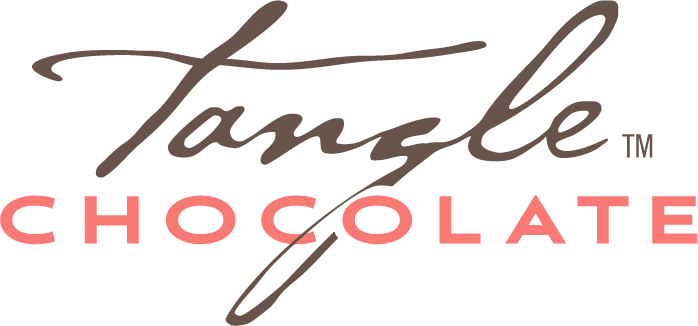Not all chocolate is made equally. The chocolate industry historically has been rife with unethical labor practices, including using enslaved children as laborers.
On February 12, 2021, as we in the U.S were preparing to celebrate Valentine’s Day with chocolate in hand, the first-ever class action lawsuit brought against cocoa companies was filed in the D.C. District Court. International Rights Advocates (IRA) filed the lawsuit on behalf of eight Malian men who were allegedly trafficked into the cocoa industry as children. Hershey, Nestle, and Mars are among the large chocolate companies that have been charged in the lawsuit. The plaintiffs are seeking damages for the forced labor and emotional distress due to the improper supervision that they experienced while harvesting cacao for these companies.
While this is the first class action lawsuit of its kind, there have been other legal cases on behalf of those mistreated by the chocolate industry. In fact, as our article of January 14, 2021 notes, the U.S. Supreme Court is currently deciding whether another cacao industry child labor case can proceed.
In 2001, eight of the largest chocolate companies signed an agreement to end “the worst forms of child labor” by 2005. The standards of this agreement, known as the Harkin-Engel Protocol, have yet to be met, twenty years after the initial signing. In fact, conditions (especially for children) have actually worsened since the agreement was signed. Between 2008 and 2019, the proportion of children working on cocoa farms in Ghana and the Ivory Coast increased from 31% to 45%.
IRA is hoping that this recent class action case will once and for all end the horrific practices in the cacao industry, which include children being kidnapped, held captive, being unpaid, undernourished, and beaten, and forced to perform unsafe work (such as applying pesticides without protection and carrying very heavy loads). In a statement on February 12, 2021, IRA Executive Director Terry Collingsworth said "By giving themselves this series of extensions [on the Harkin-Engel Protocol], these companies are admitting they ARE using child slaves and will continue to do so until they decide it's in their interests to stop….these companies will continue to profit from child slavery until they are forced to stop. The purpose of this lawsuit is to force them to stop." Lives like those of the eight Malian men involved in this lawsuit will only continue to be ruined until chocolate companies fulfill their promise to end trafficking and mistreatment of workers.
Forced labor has been part of the chocolate industry since cacao-growing countries were colonized by European countries who “discovered” them. But the general public has only had access to information about this unethical practice for about twenty years, thanks to the efforts of some hardworking journalists.
Here at Tangle, we believe that our customers wouldn't buy brands of chocolate if they knew that their back story included using enslaved children, and we are doing our best to educate people about these unethical labor practices. We are committed to doing our small part to end enslaved labor by paying well above Fair Trade prices for our cacao and being involved in social justice initiatives in the chocolate industry. Many other small craft chocolate companies feel the same way. We know that ethical chocolate is more expensive in dollars than the products made by the biggest global chocolate companies. But when one considers the damage done to people and the cost to their lives, it's clear that the chocolate made by Tangle and other companies like us is by far the better deal.
Businesses use unethical practices because they can get away with it as long as people still buy their product. Patronizing small, local chocolate businesses that support ethical, sustainable, and transparent labor practices can lead to long-term change in the chocolate industry.
